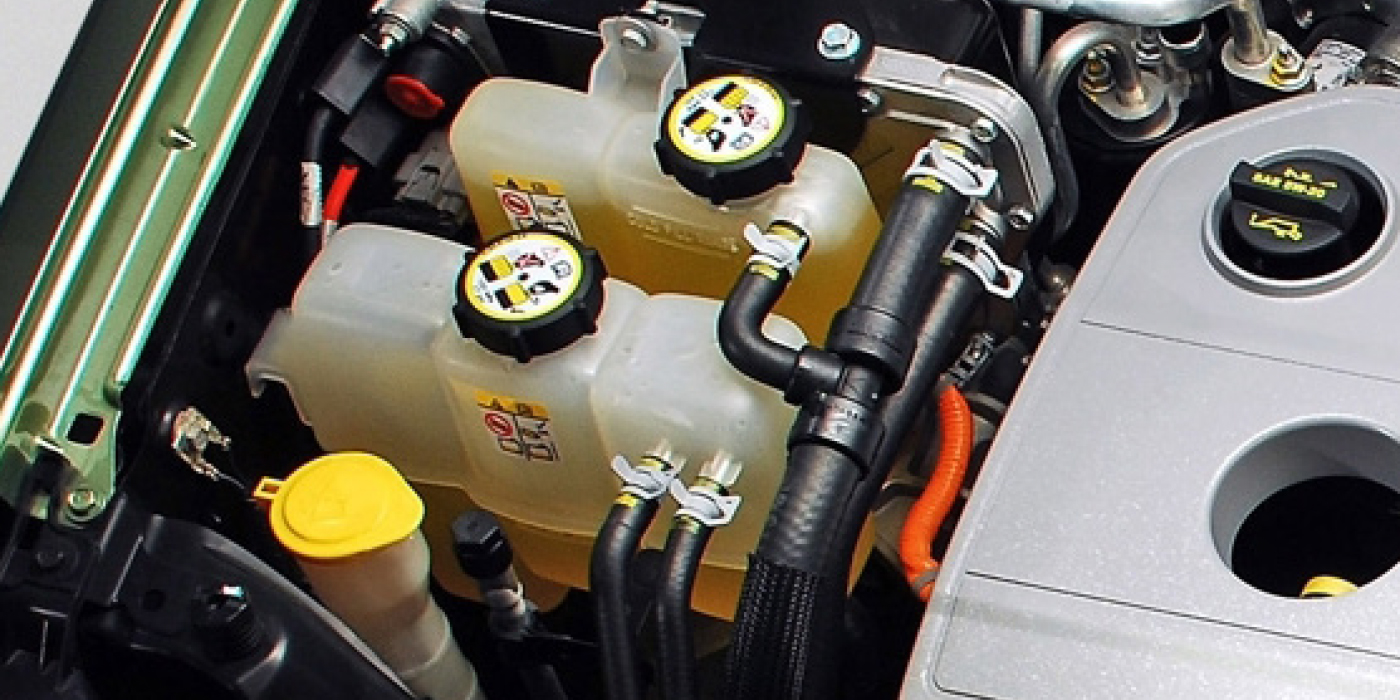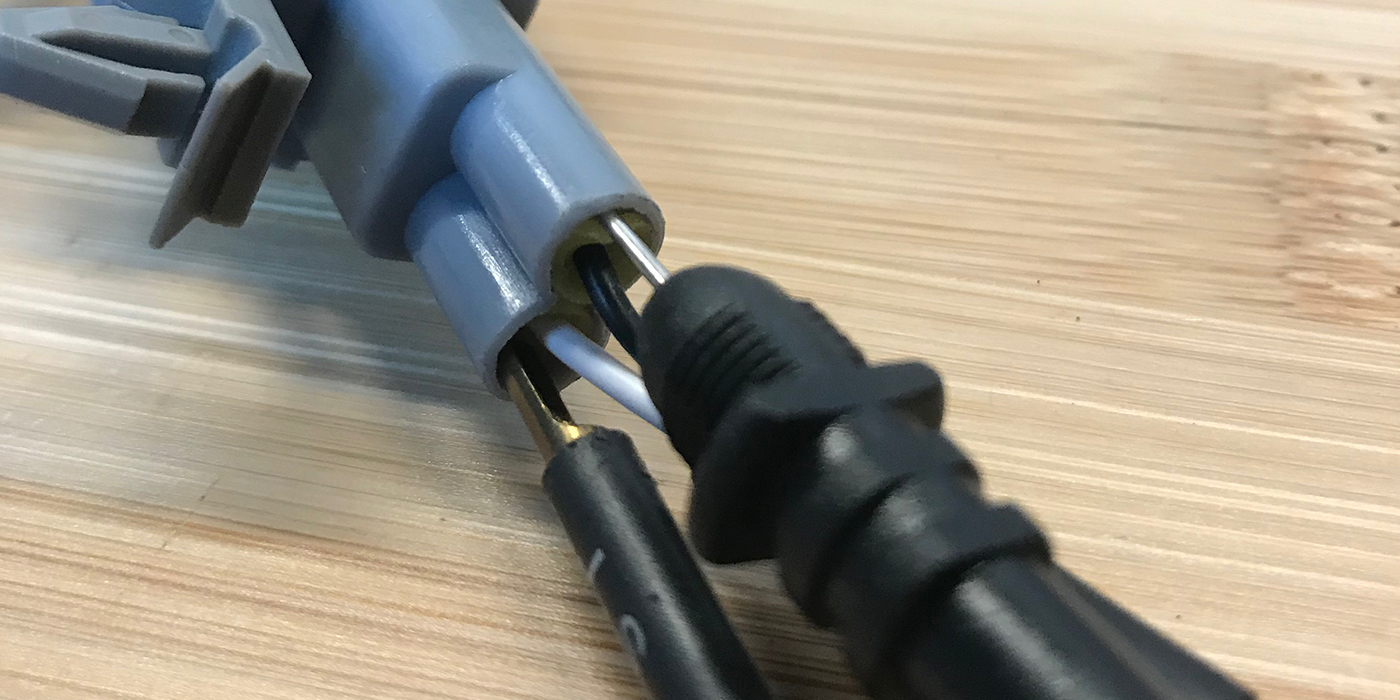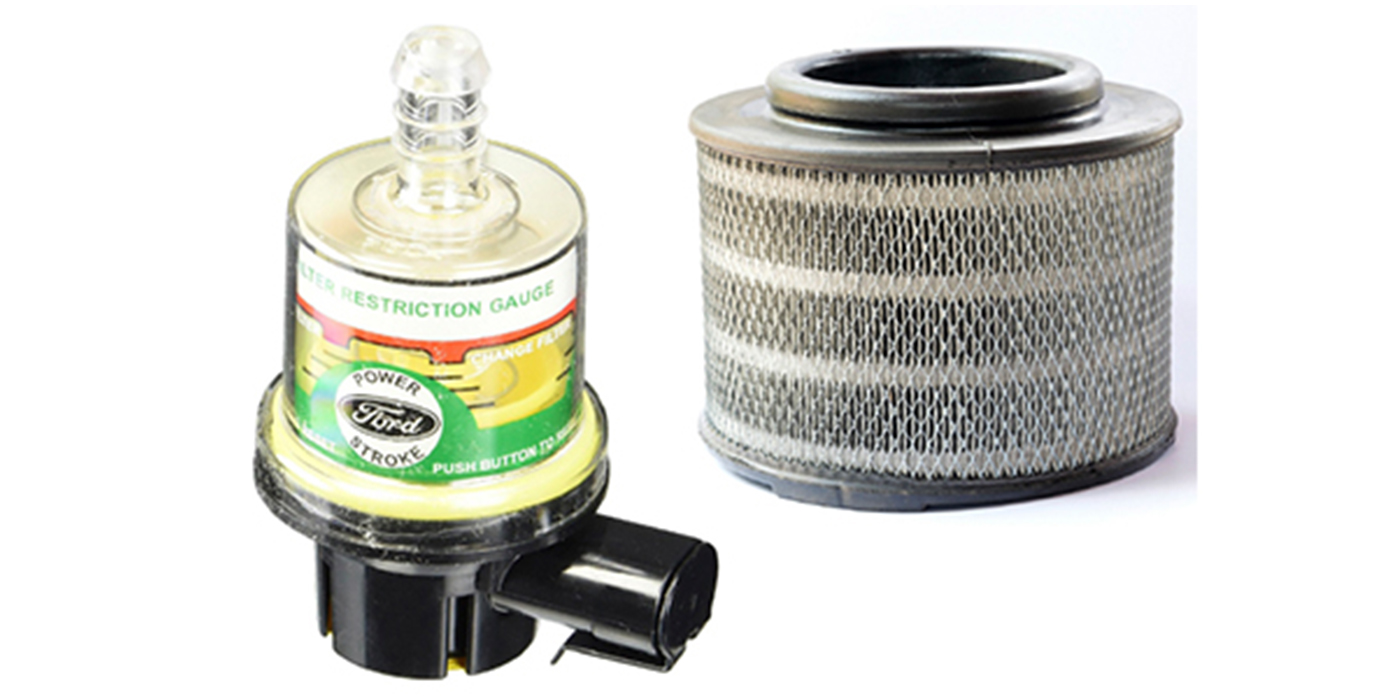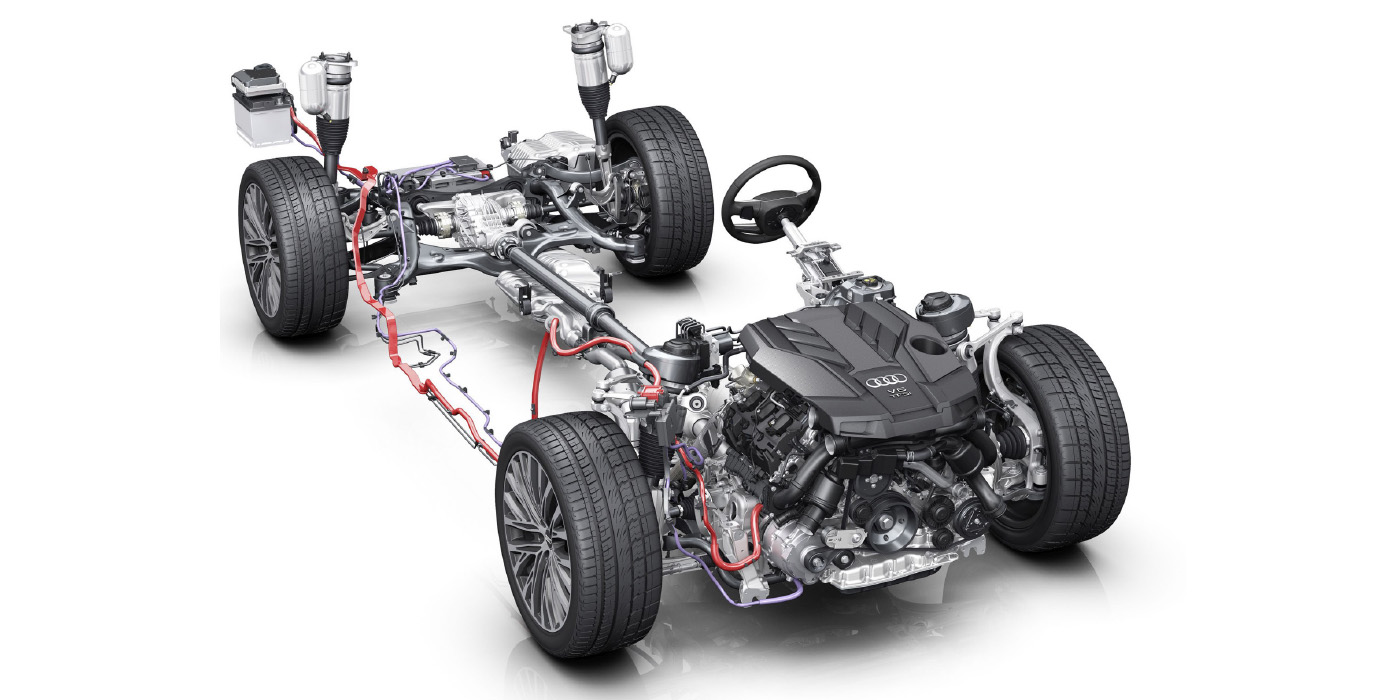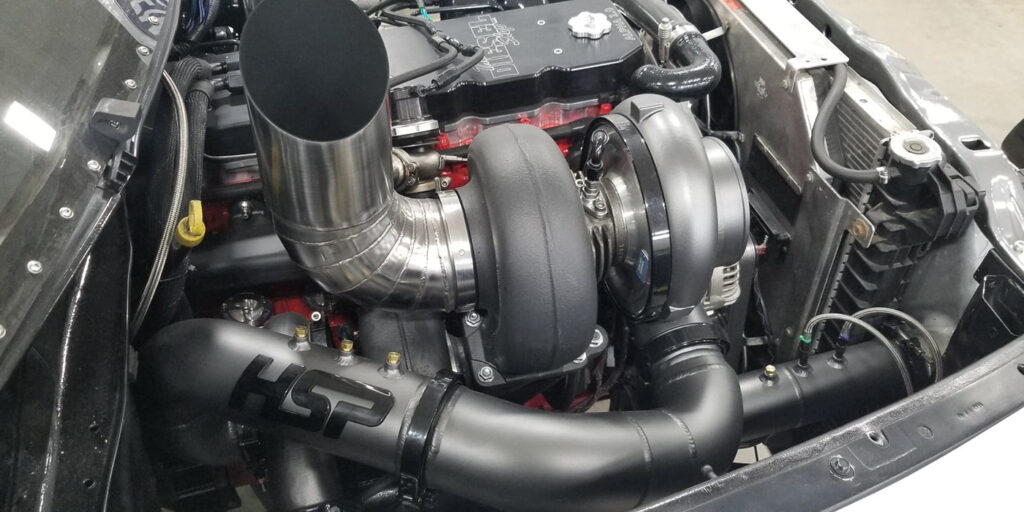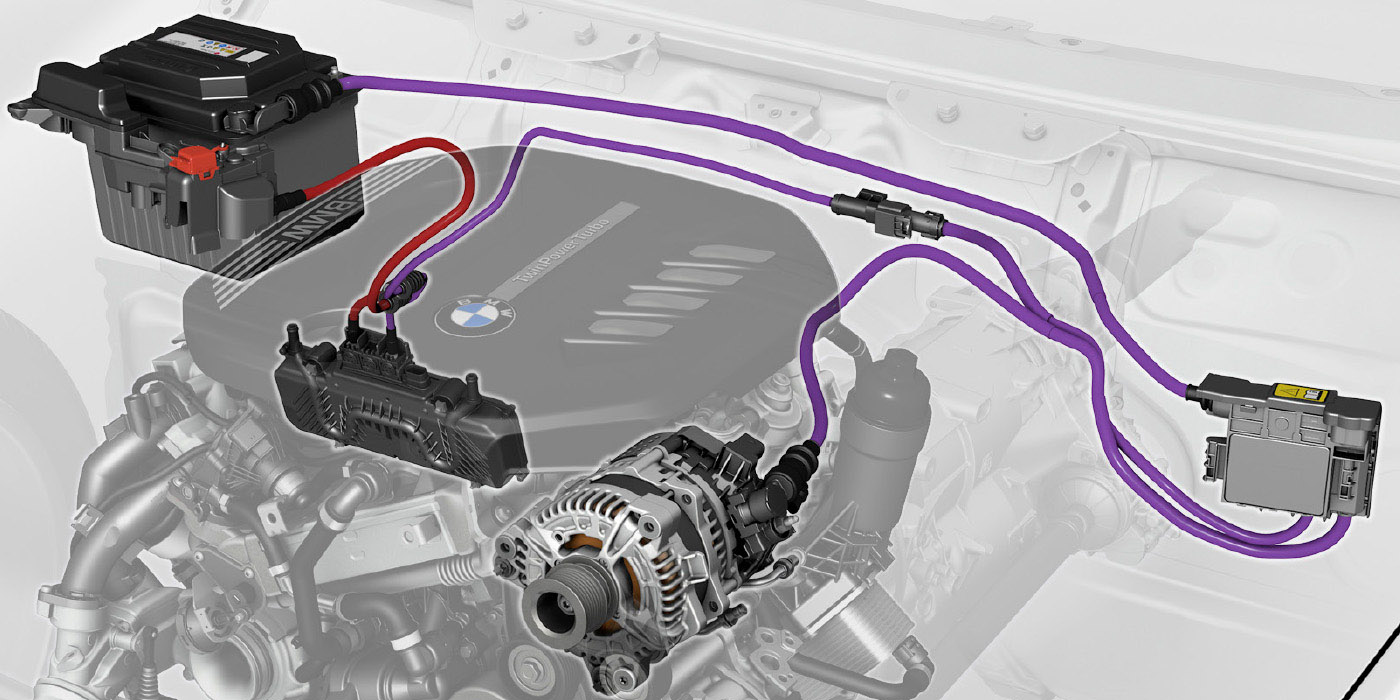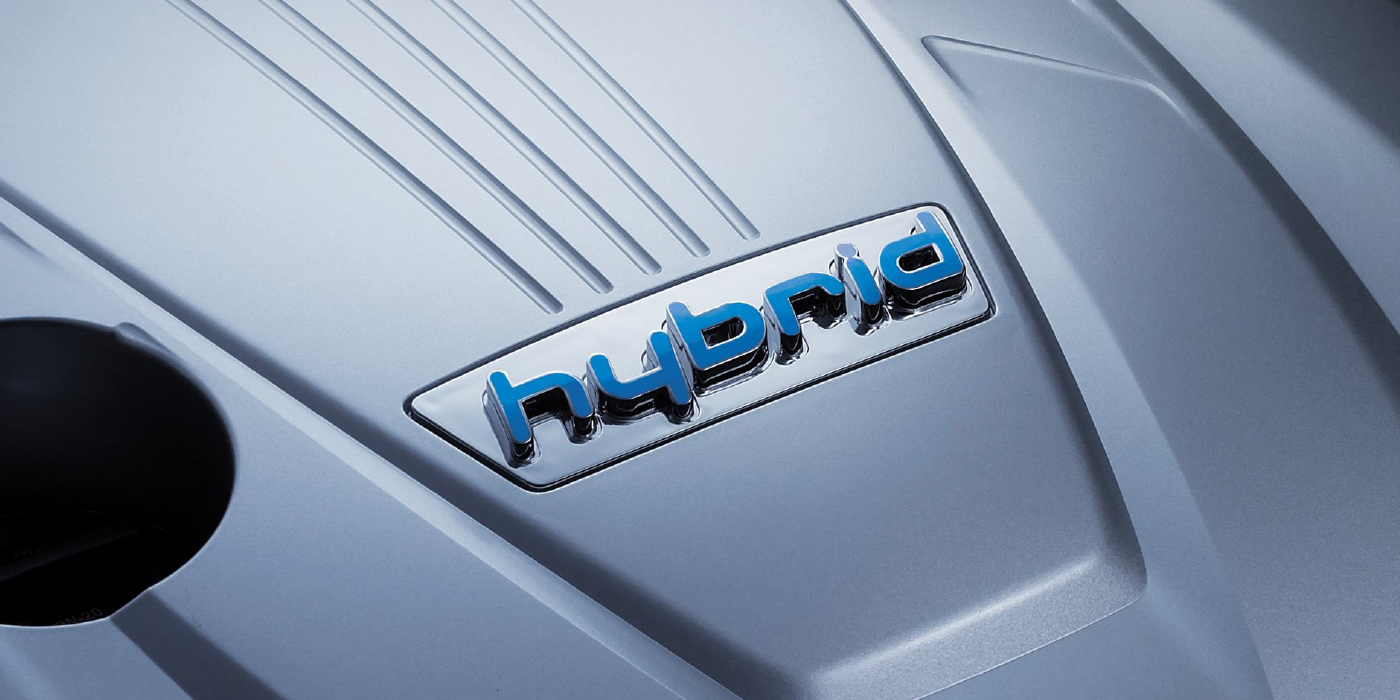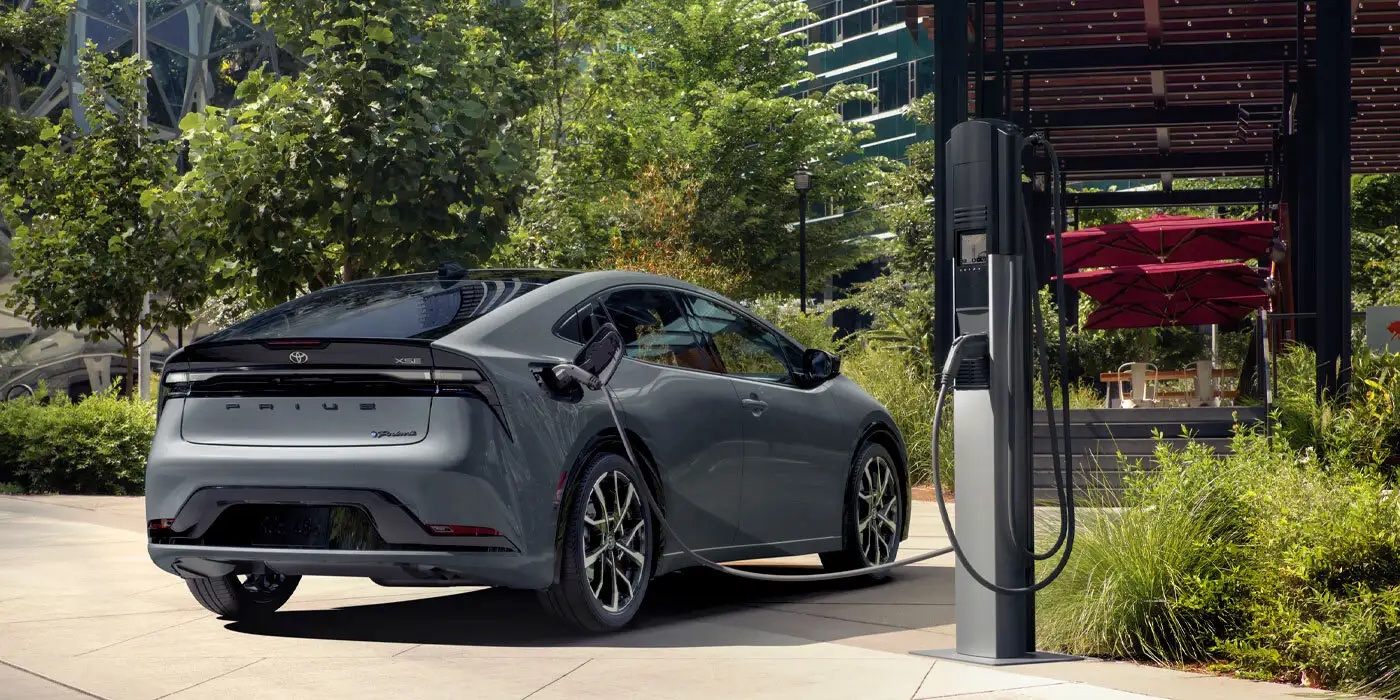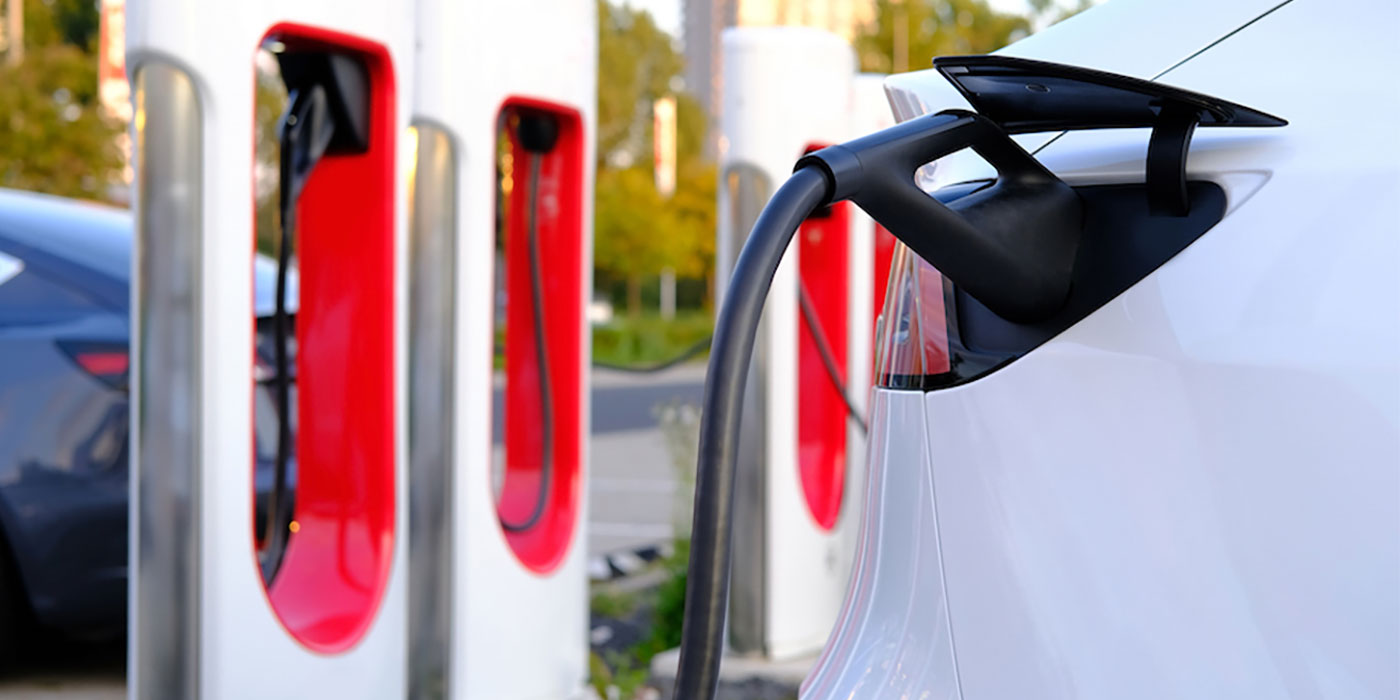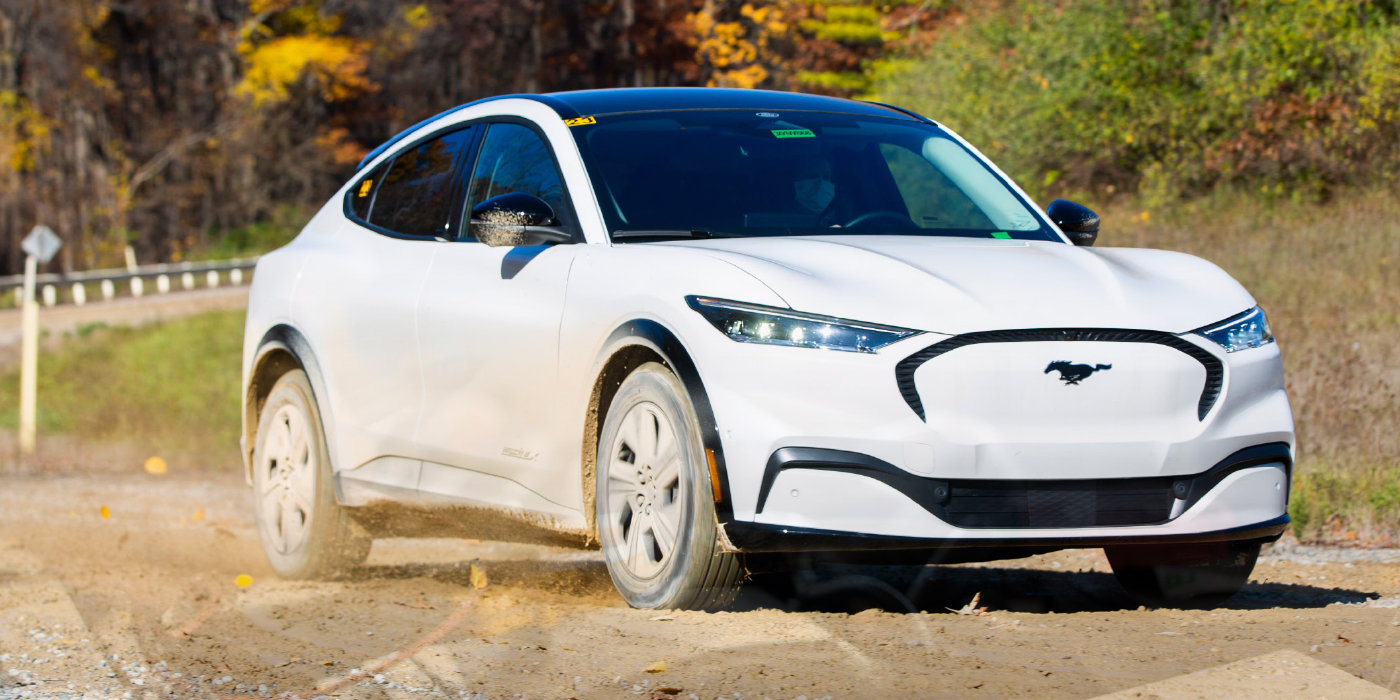The U.S. Court of Appeals for the District of Columbia Circuit dismissed a lawsuit that challenged the Environmental Protection Agency’s (EPA) authority to grant a partial waiver for 15 percent ethanol (E15) content in gasoline for 2001 and newer model year cars and light trucks. According to a report from the Specialty Equipment Market Association (SEMA), the court found that the groups bringing the lawsuit, which included trade associations representing manufacturers of cars, boats and power equipment, along with the petroleum and food industries, lacked standing to bring the lawsuit.
SEMA says it opposes E15 based on scientific evidence that it causes corrosion with incompatible parts. Ethanol increases water formation, which can then create formic acid and corrode metals, plastics and rubber, the association says. In light of the court’s decision, SEMA says it is now turning to the U.S. Congress to enact legislation to ban the sale of E15.
“Today’s decision is disappointing for the millions of motorists who own older cars or those with high-performance specialty parts,” said Steve McDonald, SEMA’s vice president, government affairs. “These vehicles and parts are threatened with destruction by E15’s chemical properties. The EPA acknowledged the threat but, beyond minimal labeling requirements, took no additional steps to ensure that incompatible vehicles and engines were not misfueled with E15.”
SEMA announced it is seeking passage of federal legislation (HR 3199) that would prevent the EPA from introducing E15 into the marketplace until the National Academies has conducted a study on how gasoline blended with 15 to 20 percent ethanol may impact gas-powered vehicles. The analysis would consider a variety of issues including tailpipe emissions, materials compatibility and fuel efficiency. The bill has been approved by the U.S. House Science Committee and is pending on the House floor.

